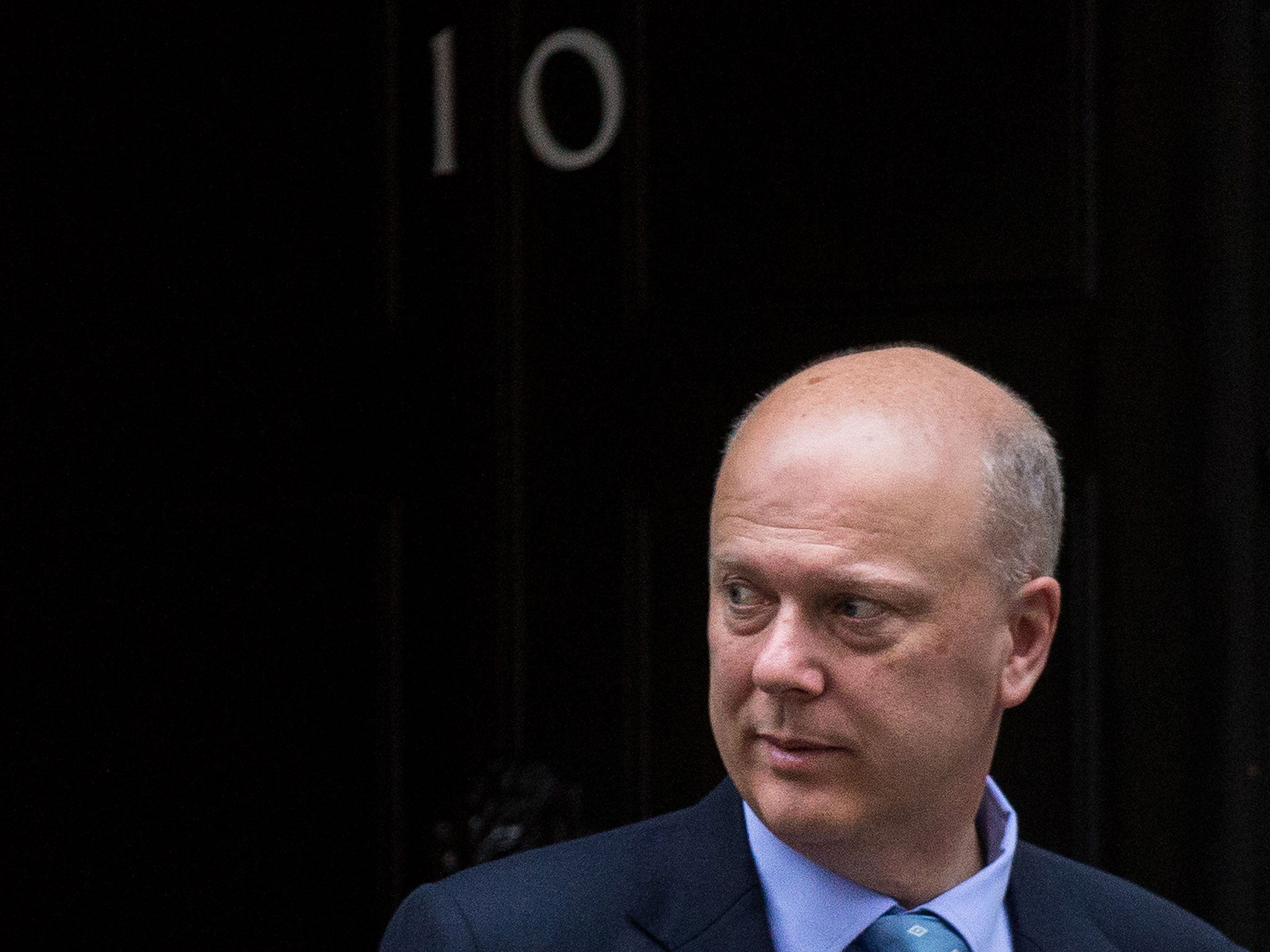When the Government flogged off 70 per cent of the probation service to the private sector earlier this year, the then Justice Secretary, Chris Grayling, who was the driving force behind this change, insisted it was “great news”. The public, he said, would “finally benefit from the best of the private and voluntary sectors, working together with the public sector, to cut reoffending”.
That assertion was widely contested, and with good reason. There is no sign of reoffending rates falling; the prisons minister, Andrew Selous, makes only the modest claim that the reforms are still “bedding in”. Meanwhile, as we report, part of the service may be taken back into state hands after Sodexo, the French firm running the South Yorkshire region, flunked a justice ministry audit. The report is a catalogue of shortcomings on Sodexo’s part, noting gaps in terms of safeguarding information, recording appointments, supervising offenders and more. It gave Sodexo until February to up its game, warning that its contract may be terminated.
It would be easy to focus on the tragi-comic absurdity of choosing a company best known for supplying catering services to run a probation service but this would be to miss the point. The real problem with Mr Grayling’s changes is not which companies were chosen to run the probation service but the fact that it was privatised at all – without good reason, without pilot schemes and in the teeth of opposition not just from the unions but from almost every expert in the field. All the evidence points to this being privatisation of the worst type – driven by an obsession with free market principles and the belief that every department of national life can be turned into a money-spinner.
The sell-off might have been justified had the old probation service been a vastly expensive system of Byzantine complexity, but it was not. In 2013, the Ministry of Justice rated all 35 probation trusts in England and Wales as good or excellent. The old trusts also had the virtue of simplicity and clear lines of accountability, all of which have become blurred since Mr Grayling pressed on with divvying them up, handing 70 per cent to 21 private community rehabilitation companies, or CRCs, while keeping 30 per cent in state hands as the National Probation Service, the NPS.
From the start there were concerns that the private contractors would be unprepared for the task. Even supporters of privatisation, such as the former prisons minister, Crispin Blunt, said Mr Grayling was “moving too fast” with a national rollout. The arbitrary 70-30 per cent division of assets has created a muddle, establishing two services delivering similar services where there had been one. CRC staff have complained that they are not able to see the files of offenders allocated to the NPS. Morale in the CRCs is dismal. No surprise there. One of Sodexo’s first announcements on getting the job in South Yorkshire was that it intended to axe hundreds of jobs. Union surveys show more than half of those working for CRCs are looking for new employment.
The shadow Lord Chancellor, Lord Falconer, recently said Labour should renationalise the probation service by getting out of the contracts “as quickly as we financially and legally can”. This would be hard to do because Mr Grayling agreed lengthy contracts with the contractors that would be very costly to scrap.
Almost everyone can see the damage that was done to the railways by privatisation. Because the work of the probation service affects only a minority of the population, there is far less interest in what has happened to it. This is unfortunate because if the probation service does not work we are all at risk in terms of rising crime. The current Justice Secretary, Michael Gove, is making a name for himself as a determined reformer of our broken prison system. He would do well to try to undo at least some of the damage that his predecessor inflicted on the probation service.

Join our commenting forum
Join thought-provoking conversations, follow other Independent readers and see their replies
Comments